The Context of Independent ExaminationBy Gareth Morgan (2019, updated 2026)This note is only a summary of a few key features of the charity accounting framework and the place of independent examination, as at summer 2027. The information is only in bullet form and it omits a number of explanations and details and that apply to certain types of charities. Please refer to more detailed ACIE guidance on specific aspects of this and to the guidance provided by the charity regulators. In the UK, charity law is devolved.There have always differences between England & Wales, Scotland, Northern Ireland. Charity regulation is nowadays devolved matter for Scottish Parliament and Northern Ireland Assembly. However, most aspects of tax law are not devolved: tax concessions to charities mostly apply to the whole of UK. Tax law generally uses English definition of “charity” except in specific areas such as property taxes/business rates. So across Britain and Ireland there are four separate systems of charity law and regulation – Three jurisdictions each with their own charity regulator... England and Wales: The Charity Commission for England & Wales (CCEW) Scotland: The Office of the Scottish Charity Regulator (OSCR) Northern Ireland: Charity Commission of Northern Ireland
And… UK Wide Tax Law: HM Revenue & Customs (HMRC) Each jurisdiction has a slightly different definition of charitable purposes/public benefit, but there is also a UK wide charity tax definition in the Finance Act 2010. In England and Wales there are many exempt and excepted charities (especially churches, also many scout and guide groups) – so not all charities in E&W are registered with the CCEW. Also, in Northern Ireland, the process of charity registration is ongoing, and many charities that were formerly recognised by HMRC are not yet registered with CCNI. Primary legislation:Charities and Trustee Investment (Scotland) Act 2005 Charities Act 2011 as amended by Charities (Protection & Social Investment) Act 2016 Charities Act (Northern Ireland) 2008 as amended by Charities Act (NI) 2013 Finance Act 2010 – definition of charity for tax purposes is based on E&W definition of charity in Charities Act 2011 There are a range of legal structures for charities:
The requirements for charity accounting vary between the jurisdictions.Crucially, each jurisdiction has differences in the income levels at which requirements become compulsory. For financial years starting in 2026 or later this table summarises the main requirements. Charity Accounting Differences: Income Levels at which requirements become compulsory*
*Excluding charitable companies and non-company charities with £3.26m+ assets for which additional requirements apply. Also this table does not include “special case charities” which may be subject to other SORPs. |
